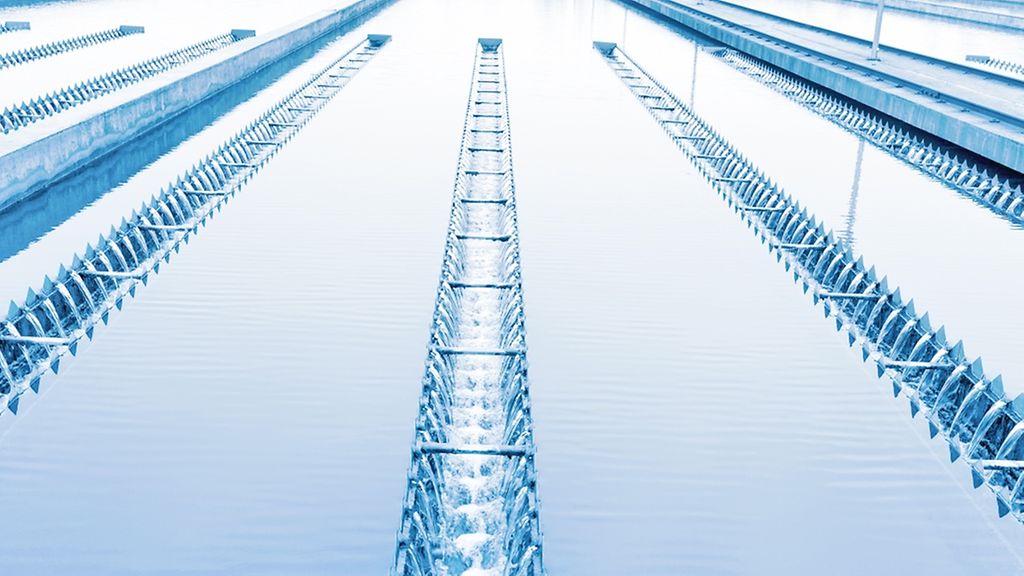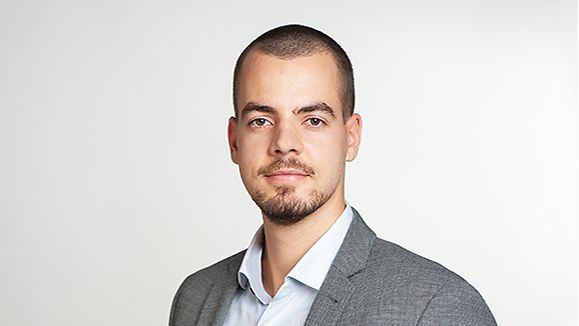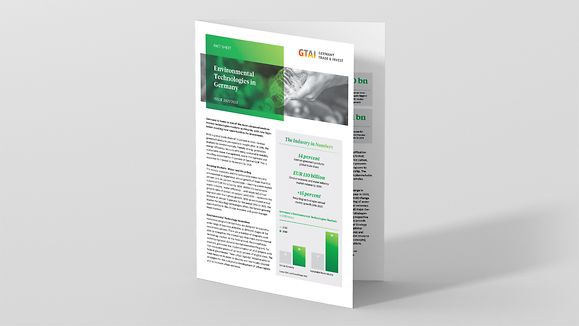In Germany, the energy transition, digitalization and growing sustainability is leading to the development of a series of new markets offering growing potential for innovative companies in the sustainable water industry.
Sewage sludge treatment
Germany’s sewage sludge ordinance (AbfKlärV) regulates the application of sewage sludge on agriculturally or horticulturally used soils. It lays down conditions for its use, maximum pollutant contents, and monitoring standards. According to the ordinance, the application of sewage sludge for fertilization will be terminated and the recovery of phosphor and other nutrients will become compulsory.
Key points in the ordinance include:
- Further significant reduction of pollutants in soil
- Phosphorus recovery
- Comprehensive requirements for phosphorus recovery: Duty to recover phosphorus as of 2029 for wastewater treatment plants covering more than 100,000 inhabitants; Duty to recover phosphorus as of 2032 for wastewater treatment plants covering more than 50,000 inhabitants
- Exception from the duty to recover: Sewage with a low phosphorus content (< 20 g phosphorus per kg sewage; dry weight)
- No specific recovery technologies are defined. This leaves scope for the application and development of innovative recovery procedures.
The new provisions of the amended ordinance have led to high demand for new sewage treatment solutions. This is the right time to approach this market in Germany. Contact our industry expert for more information.
Sewage Treatment in Germany
|
© GTAI calculations based on Federal Statistics Office 2016
Micropollutants and microplastics
There is an acute need for cost-effective and energy-efficient solutions to eliminate micropollutants, especially in municipal waste water systems. The introduction of the “fourth purification stage” within treatment plants is currently being tested; applying technologies such as adsorption on active carbon, nanofiltration, and reverse osmosis. Marine litter presents another challenging issue, with several action programs to counter the problem set up under German leadership. The “oceans without polluting waste” national action plan includes efforts to reduce the discharge of microplastic particles.
Adapting to climate change
The minimum cost of not adapting to climate change in Europe has been estimated at EUR 100 billion a year in 2020, rising to EUR 250 billion in 2050. Climate change is creating increased demand for better monitoring of water resources and aquatic systems as well as weather extremes. According to the UBA, more than 90 percent of all major German cities are actively developing concepts and strategies to deal with climate change. Companies offering respective technologies should approach the market now to provide solutions for the future resilient city. The German Strategy for Adaptation to Climate Change sets out the optimal framework for projects and investments. Measures and sought-after technologies include optimized water resource monitoring, flood protection (e.g. “sponge city” concepts), rain water, and drinking water management solutions.


